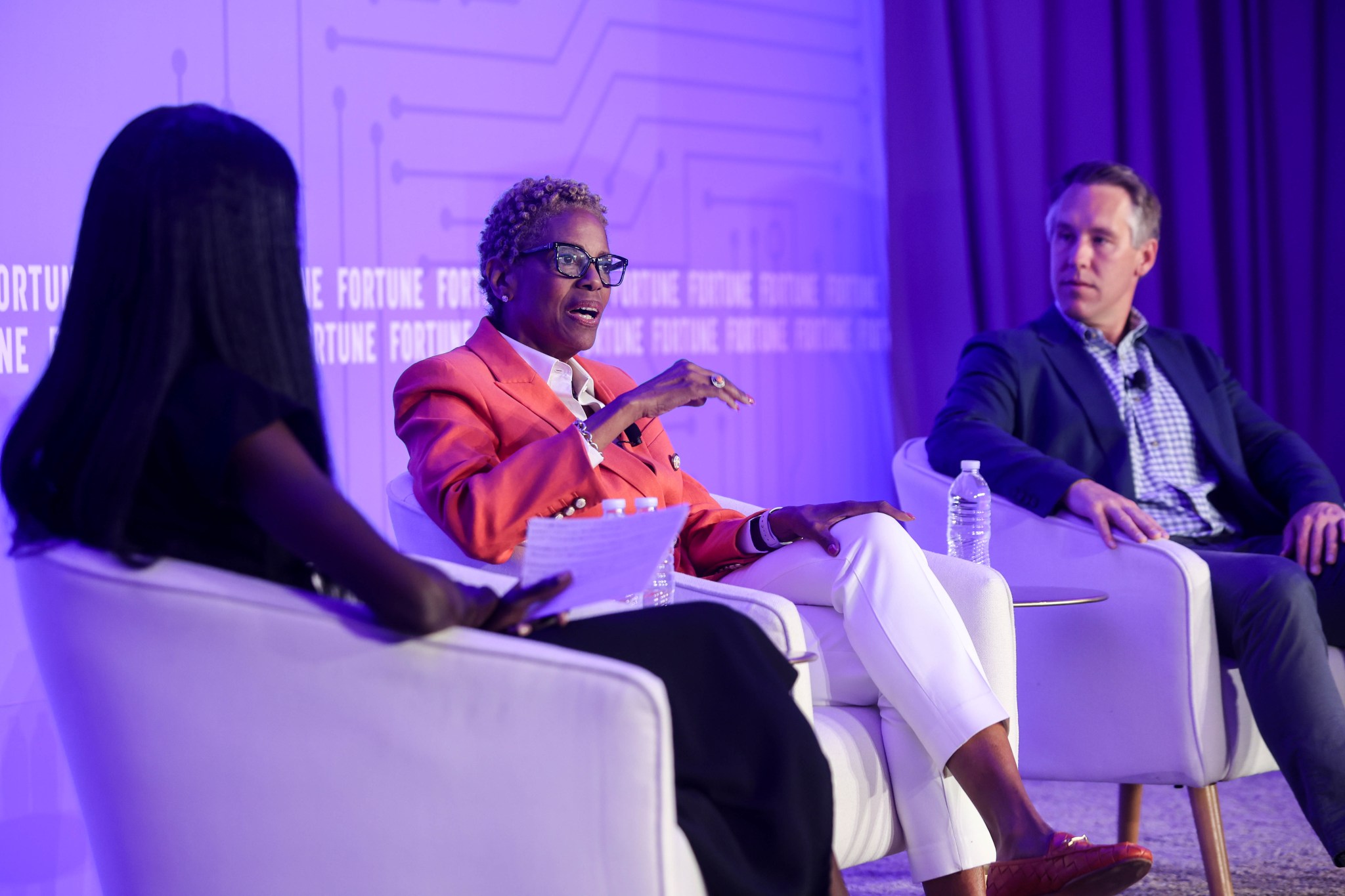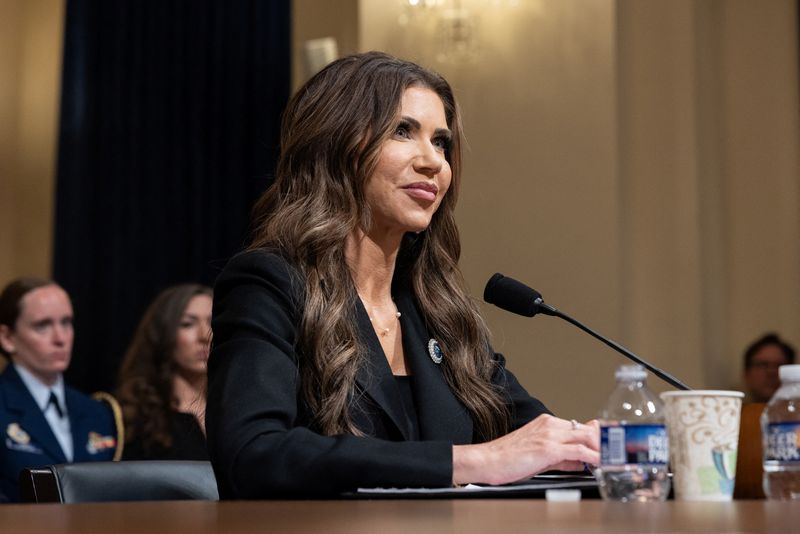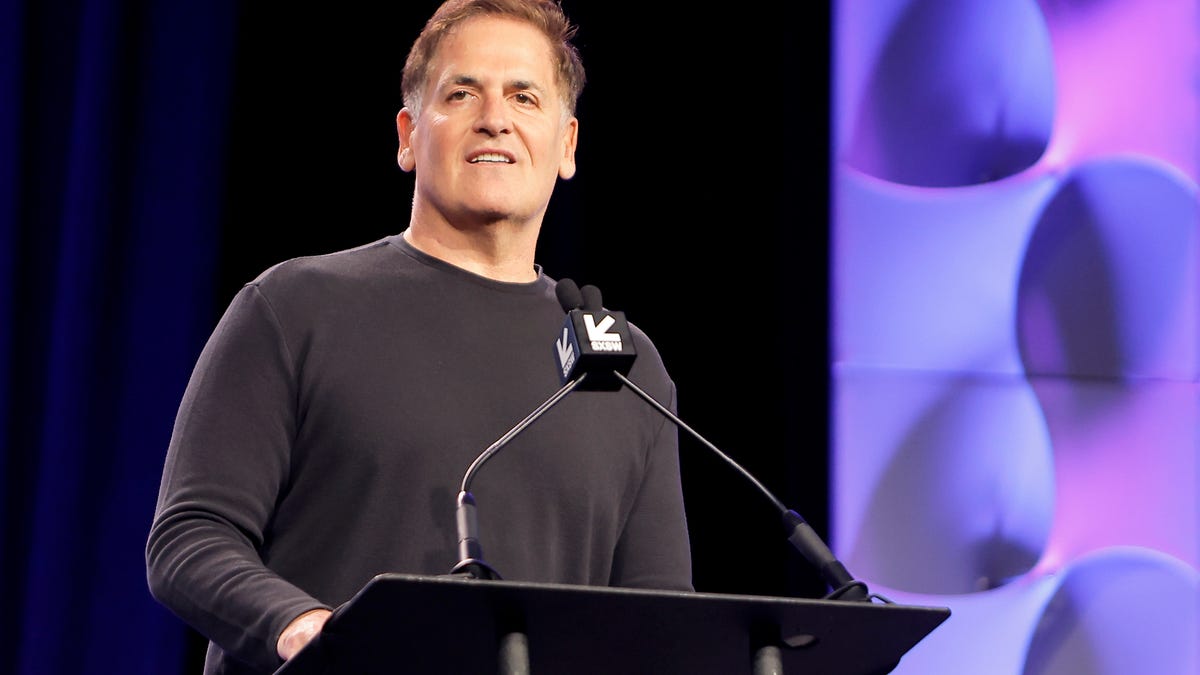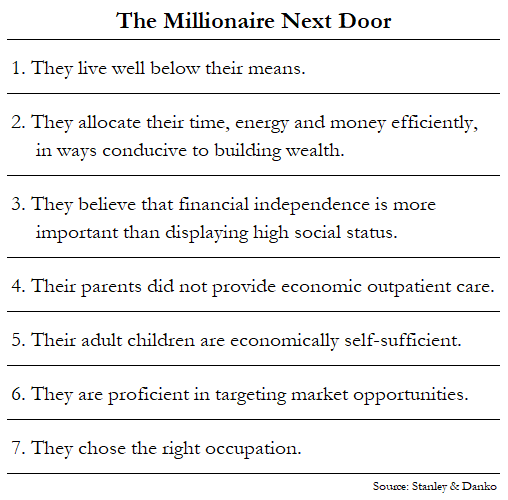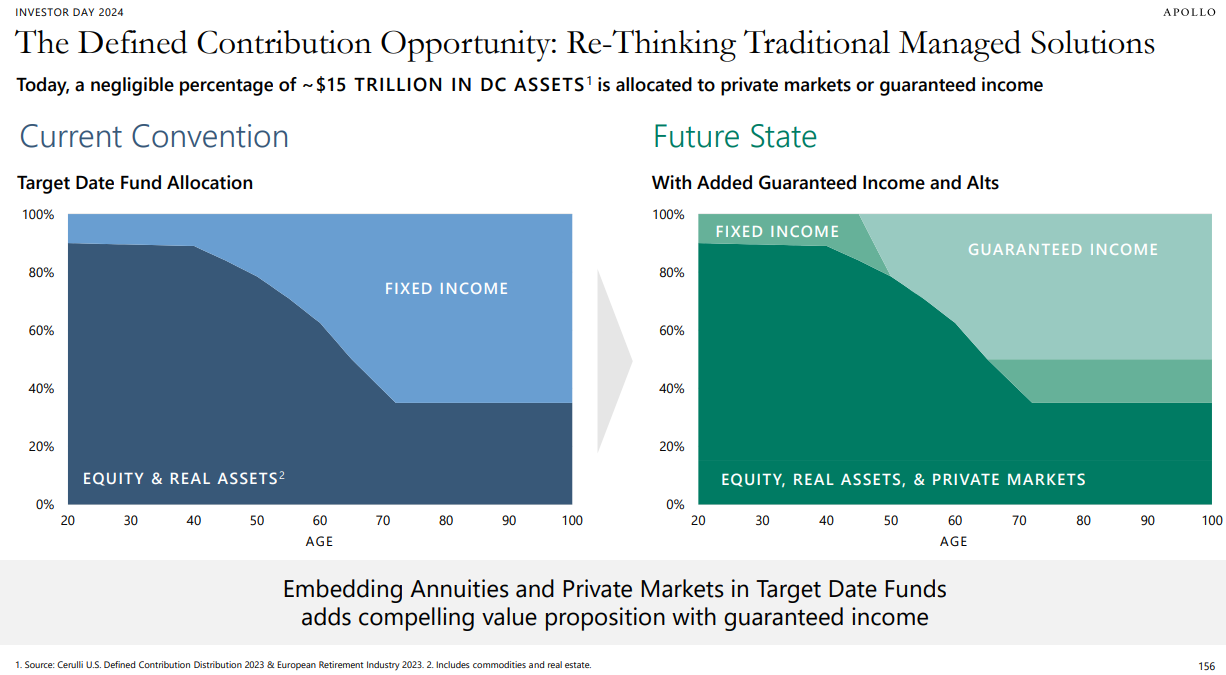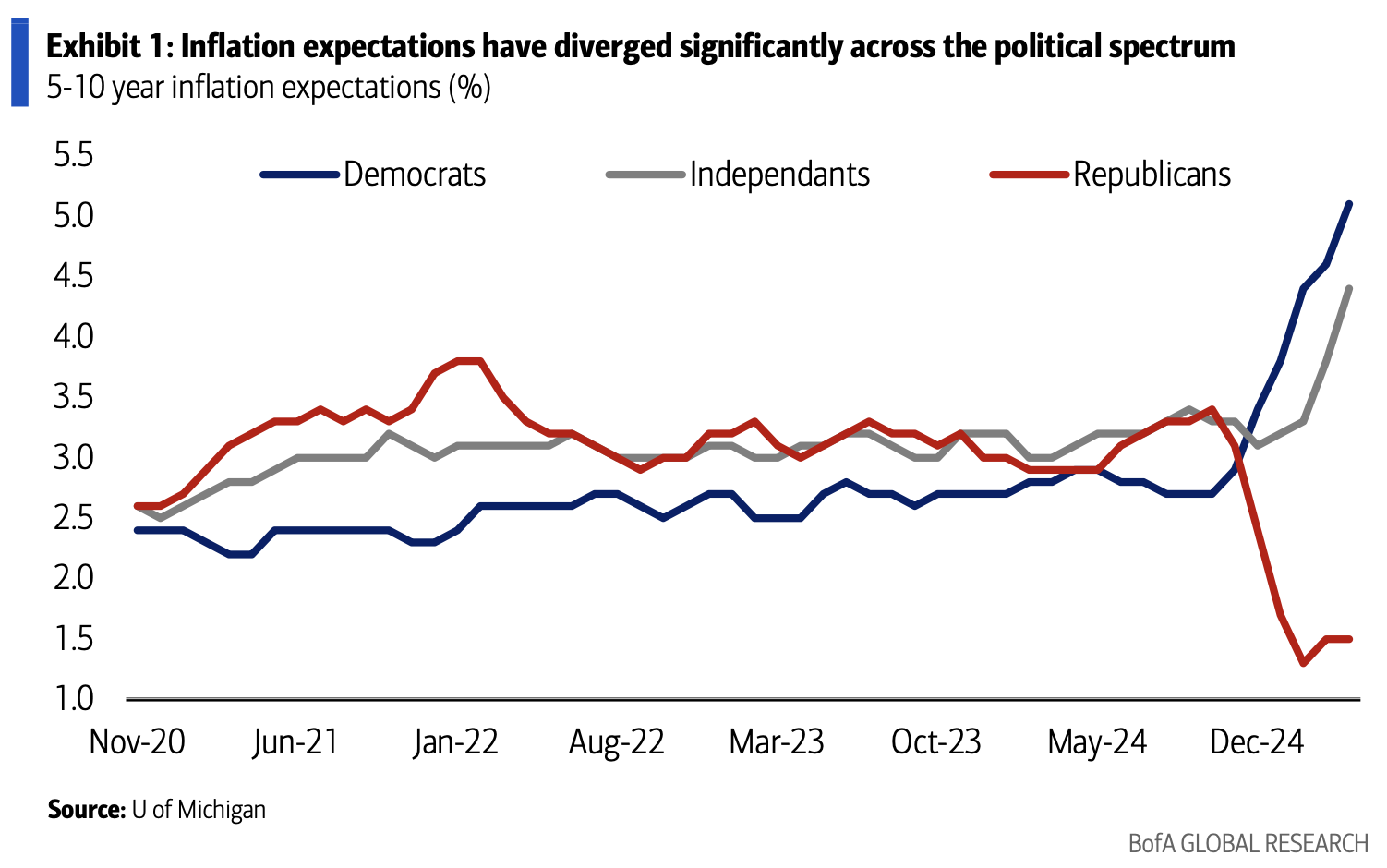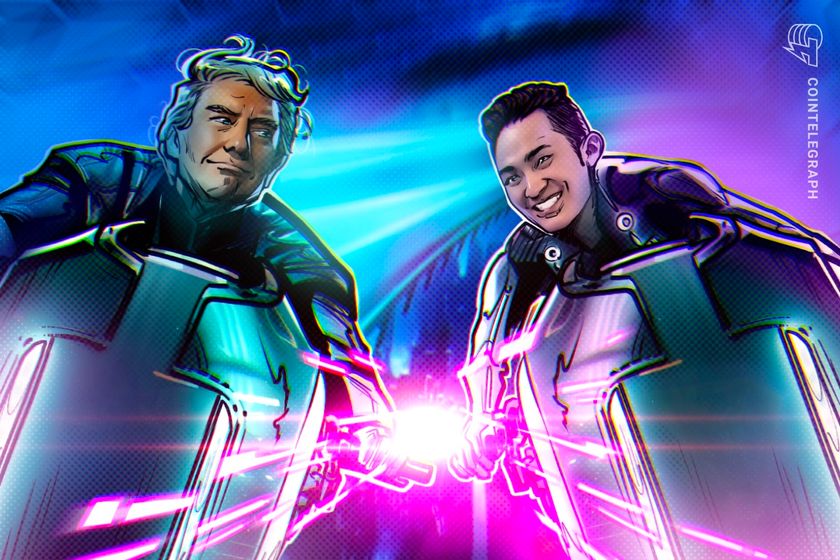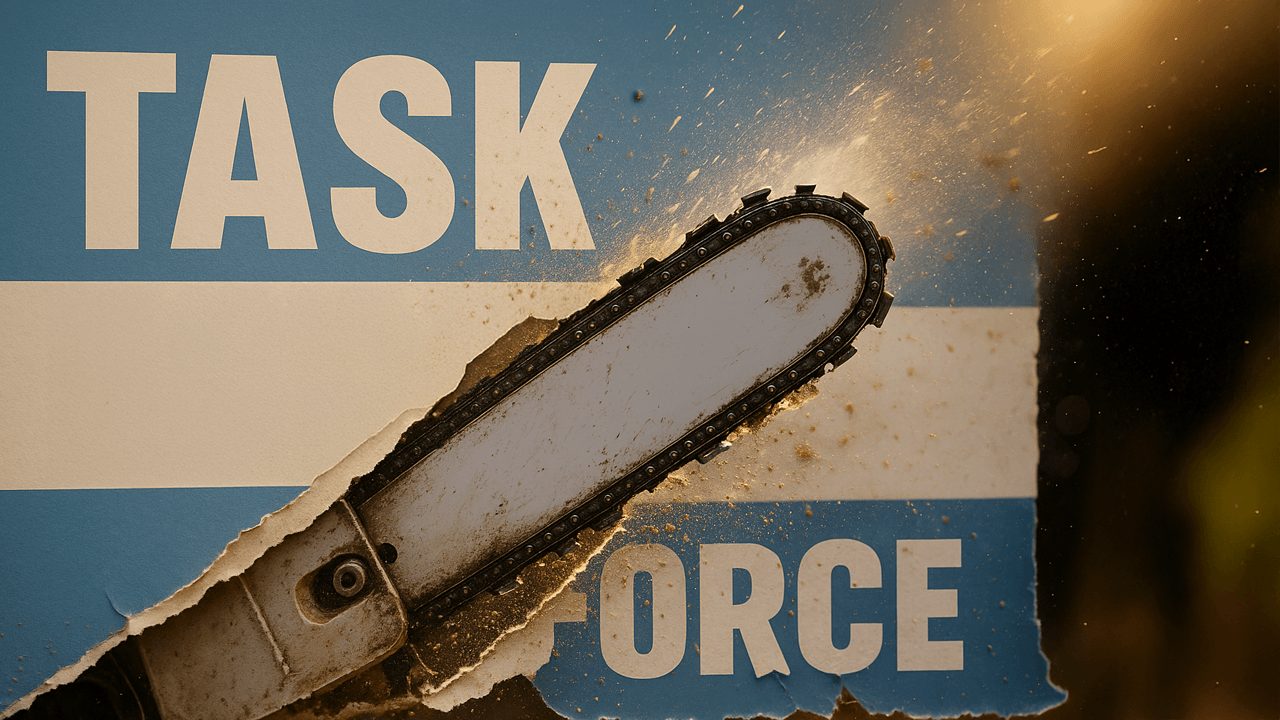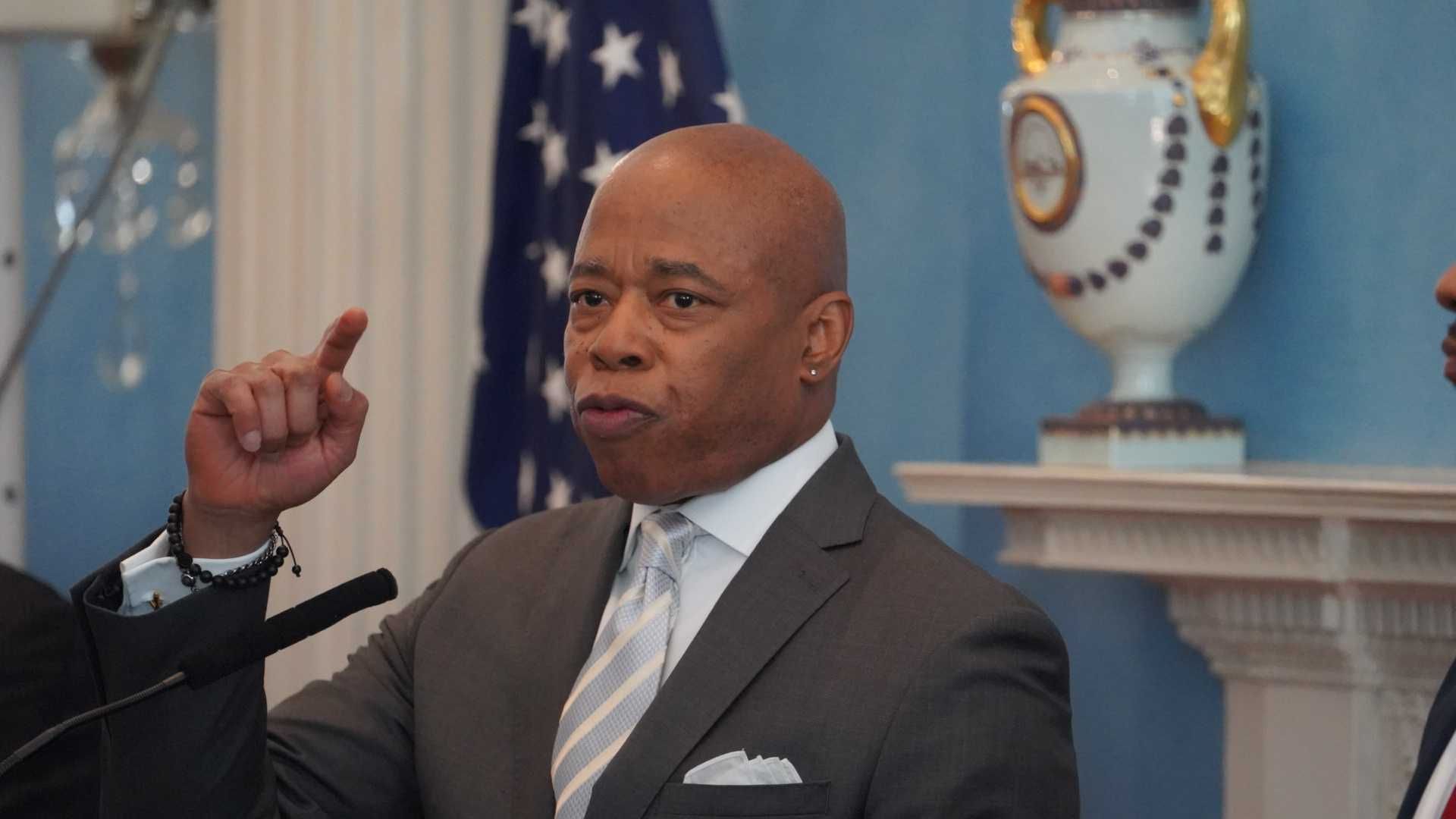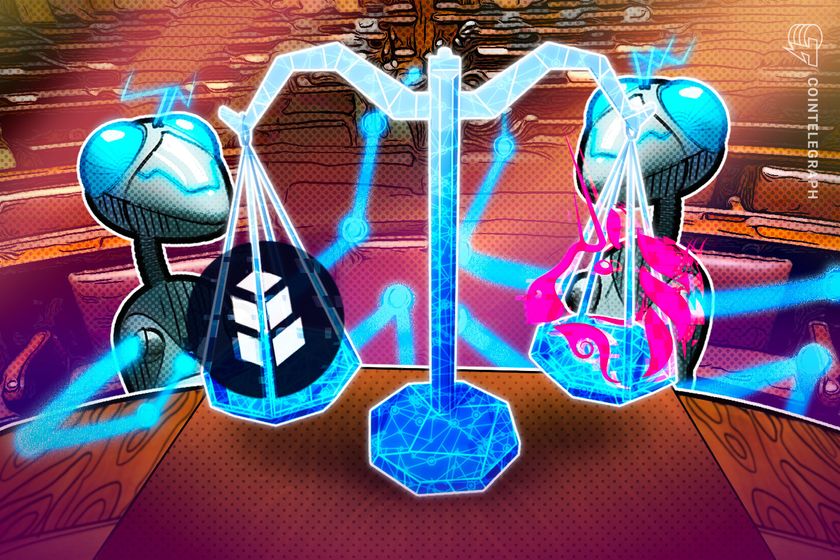Three Years After Dad’s Death, Why Can’t I Access His 401(k)?
As if losing a parent isn’t hard enough, battling bureaucracy to claim their legacy can feel like a fresh wound. A Redditor on the r/personalfinance subreddit shared his struggle, years after his father’s death following a divorce. His dad left a 401(k) with Vanguard, and though account updates still arrive in the mail, every attempt […] The post Three Years After Dad’s Death, Why Can’t I Access His 401(k)? appeared first on 24/7 Wall St..

As if losing a parent isn’t hard enough, battling bureaucracy to claim their legacy can feel like a fresh wound.
A Redditor on the r/personalfinance subreddit shared his struggle, years after his father’s death following a divorce. His dad left a 401(k) with Vanguard, and though account updates still arrive in the mail, every attempt to access the funds — phone calls, online logins — has been thwarted.
Convinced his father intended for him to inherit, the Redditor faces a void of information about the account’s value, unsure if legal help is worth the cost. On the verge of giving up, he’s trapped in a maze of frustration. His ordeal is more than a personal fight; it’s a glaring reminder that without a plan, you’re setting your loved ones up for chaos.
Prior estate planning is an essential requirement so that there are no questions when a loved one dies.
You may need to hire a lawyer if you encounter obstacles when trying to access assets you believe you are entitled to.
Are you ahead, or behind on retirement? SmartAsset’s free tool can match you with a financial advisor in minutes to help you answer that today. Each advisor has been carefully vetted, and must act in your best interests. Don’t waste another minute; get started by clicking here.(Sponsor)
Key Points
Have an Action Plan
There is hope, but the path demands determination. The Vanguard letters prove there is money waiting, likely fattened by years of market gains. With his father’s Social Security number, the 401(k) plan number, his birth certificate, and a death certificate, the Redditor has leverage to extract the funds.
If the death certificate is lost, state vital records offices typically provide copies for a fee. If he’s listed as a beneficiary, the process could be quick as 401(k)’s pass directly to named heirs, skipping the delays associated with probate. Without a beneficiary designation, however, the funds likely flow to the estate, requiring a check of any will. If no will exists, probate court looms, a slow, but still surmountable hurdle depending on state laws.
Phone calls to Vanguard’s customer service have been a dead end for the Redditor, often met with scripted deflections. A better move is contacting a local Vanguard office, if one’s nearby, and booking an in-person visit. Armed with documents, he should demand a claim form and clear answers.
For smaller accounts, an affidavit might suffice, which would avoid costly legal fights. If the balance is significant — and it potentially could be tens or hundreds of thousands after decades of growth — an estate attorney could be a smart investment, but only after verifying the account’s size. Vanguard might provide a rough balance estimate to guide the decision.
The importance of planning
This mess could have been avoided with a single form. Had the Redditor’s father named a beneficiary, the Redditor would be collecting funds, not chasing them. A 401(k)’s beneficiary designation is a simple act, ensuring assets bypass probate and reach heirs swiftly. A will, too, could have clarified his father’s wishes, eliminating guesswork. The absence of these steps turned a potential gift into a grueling quest, leaving the Redditor to wonder what his dad truly wanted.
The broader lesson is stark: estate planning isn’t optional, no matter your wealth. The Redditor’s uncertainty stems from a conversation that never happened. Talking about inheritance is uncomfortable, forcing families to face mortality, but it’s far kinder than leaving heirs to unravel mysteries. Sitting down with parents or children to discuss assets and intentions can prevent years of legal tangles. A financial advisor or estate attorney can anchor these talks, ensuring clarity and catching oversights. These discussions don’t require riches, just resolve.
For everyone else, this is a call to action. Review your 401(k)s, IRAs, and bank accounts to ensure beneficiary forms are current. Life changes like divorce or the birth of new children can render beneficiary designations outdated, sending assets to unintended recipients.
A will is equally vital, mapping out your estate to avoid disputes. These steps are simple but powerful, sparing your family from bureaucratic purgatory.
Key Takeaways
While I’m not a financial planner, so these are only my opinions, the Redditor must keep pushing. A visit to Vanguard’s office, documents ready, should be his next step. If met with resistance, a firm request for a claim form — or a lawyer’s nudge — may force the breakthrough he seeks.
At worst, he’ll gain closure; at best, he’ll secure a financial bridge and a final tie to his father. His struggle is a warning: Americans readily manage debts for homes and cars, but estate missteps hit harder. A 401(k) should be a legacy, not a labyrinth. Name your heirs, draft a will, talk to your family. Plan now, or your loved ones will inherit your burdens, stuck on hold with grief and red tape.
The post Three Years After Dad’s Death, Why Can’t I Access His 401(k)? appeared first on 24/7 Wall St..


